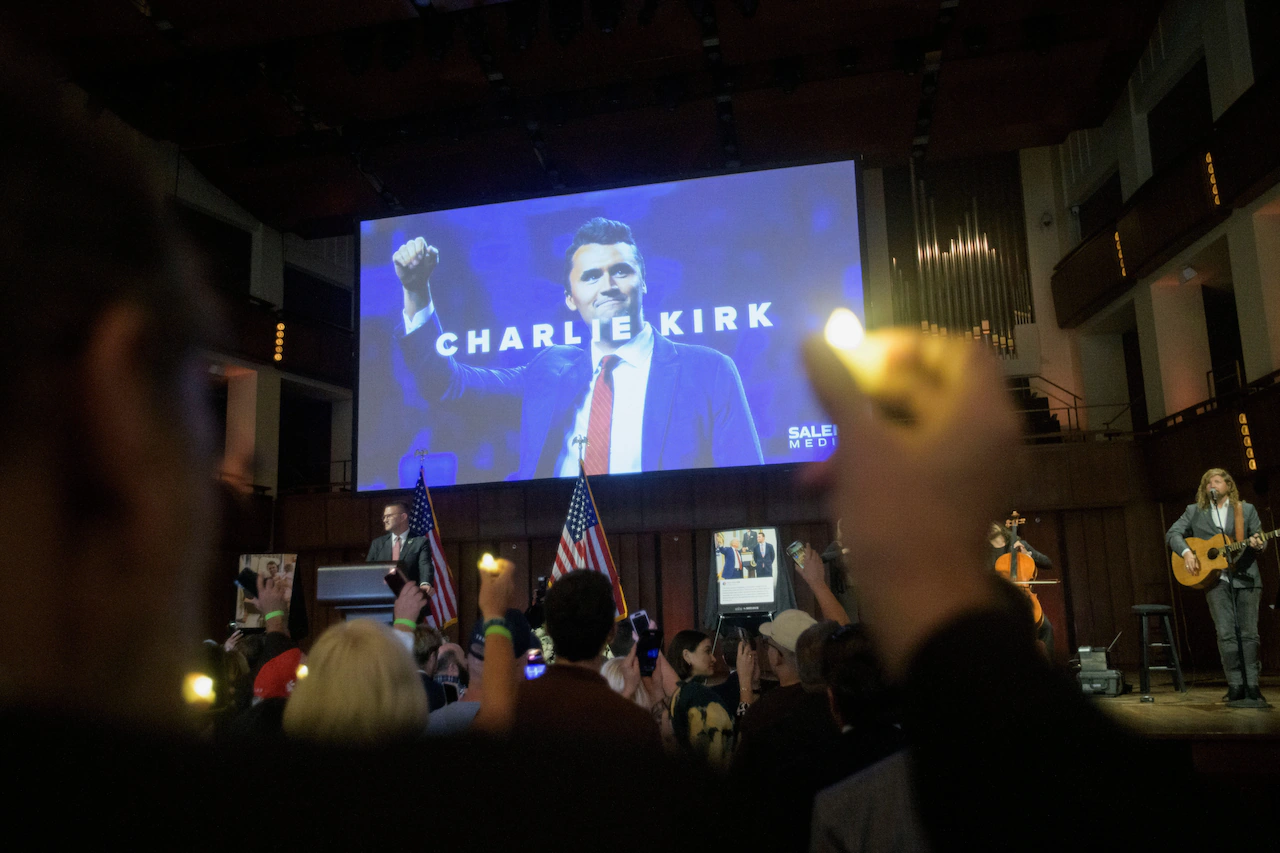
By Claire Heddles, Miami Herald (TNS)
Florida politicians insist their efforts to punish people over comments they don’t like about Charlie Kirk’s killing aren’t flying in the face of the First Amendment.
Free speech advocates aren’t so sure.
“It’s a massive free speech problem,” Florida International University law professor Howard Wasserman said. “This is exactly what the First Amendment prohibits, which is the government punishing people — including through something like firing them from their job or pushing a private employer to fire them from their job — because the government or people in the government don’t like what somebody says.”
Florida lawmakers have been on the front lines of a mounting effort on the right to punish people who have criticized the conservative activist Kirk after he was shot and killed at a campus event in Utah last week.
Florida’s Department of Education vowed to investigate teachers who make “despicable comments on social media regarding the horrific assassination of Charlie Kirk.” Secretary of State and former Florida senator Marco Rubio told Fox News the country should be revoking visas of people who “celebrate the murder” of Kirk.
Miami-area U.S. Rep. Carlos Giménez argued on social media Friday that free speech protects people from legal consequences — not professional ones. “We can speak freely without fear of being arrested, but those celebrating Charlie Kirk’s death have the right to LOSE THEIR JOBS for it!” Giménez wrote on X Friday.
He made similar comments during a press conference calling for the resignation of Palmetto Bay Councilman Steve Cody over his now-deleted Facebook posts mocking Kirk’s death. Cody, a Democrat, told the Miami Herald Monday the post was “dumb,” but that he has no intention of resigning.
U.S. Rep. María Elvira Salazar also insisted free speech was top of mind in her calls for Cody’s resignation.
“This country was built on the values of free speech, civic discourse and debate,” Salazar wrote on social media. “Steve Cody doesn’t understand one of the most fundamental and basic principles of our nation.”
First Amendment advocates say it’s technically legal, if ethically fraught, for politicians to “jawbone” — a term referring to officials using their position of power to try to suppress certain speech.
But a legal problem arises when lawmakers use their position of power to “coerce” censorship, Clay Calvert, a nonresident senior fellow at the American Enterprise Institute and professor emeritus at the University of Florida, said.
At least one social media post by Florida Rep. Anna Paulina Luna pushes that boundary, according to Calvert.
“Congress is watching closely what universities take the right action by firing professors who celebrated the murder of Charlie Kirk,” Florida Rep. Anna Paulina Luna wrote on X last week. “I can promise you: any university that refuses to do the right thing will be cut off from all federal funding from the United States (government).”
Calvert said, “The post certainly steps up to — if not crosses (the) line into — unlawful coercion by threatening adverse consequences unless universities censor particular viewpoints. If a professor’s statement would be protected by the First Amendment, even if it is offensive and hateful, this type of jawboning becomes highly problematic.”
Luna’s office did not respond to a request for comment.
Social media outrage over someone celebrating a violent assault against a public figure isn’t a new phenomenon and has transcended political lines, the Foundation for Individual Rights and Expression’s Adam Goldstein has argued. He pointed to backlash to social media posts after the death of the Queen of England, the murder of George Floyd or the assassination attempts against Donald Trump last year.
But the extent of government figures’ involvement in the effort after Kirk’s death is significant, he told the Herald.
“The pattern for the most part is typical. The scope, I think, is unprecedented,” Goldstein said.
Private employers, depending on contractual agreements, can usually legally fire employees for social media posts. But according to Wasserman, the FIU professor, the people getting fired from government jobs are likely to win on First Amendment grounds.
“I think the government is going to be hard-pressed to win these cases because the idea that I have an opinion — however obnoxious or reprehensible that opinion may be — that that categorically interferes with my ability to teach or do my job as a public employee? No,” he said. “There’s going to be a lot of litigation about this; the plaintiffs are going to win a lot of it.”



